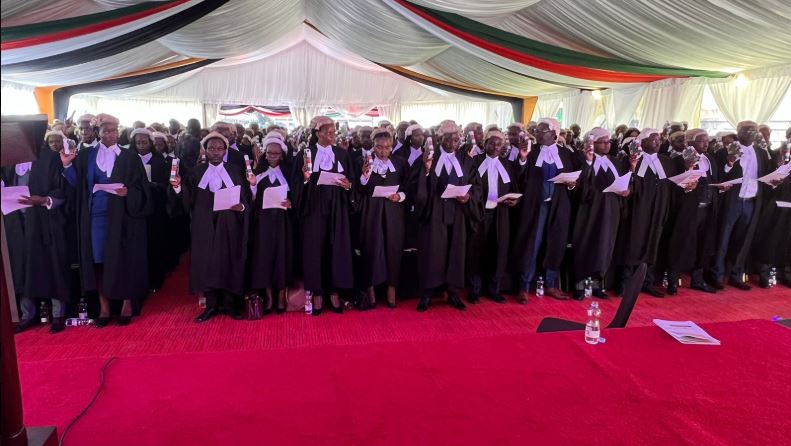Kenyan taxpayer's burden: Sh4.3 billion spent on state vehicles in 2023

Budget allocation for vehicle purchases surged from Sh8.6 billion in 2021 to Sh9.7 billion in 2022, ultimately reaching Sh14.3 billion in 2023.
Kenyan taxpayers spent Sh14.3 billion in 2023 for the purchase and maintenance of new vehicles for government officials, according to a recently drafted policy.
The Government Transport Policy, 2024, drafted by Treasury Cabinet Secretary John Mbadi, outlines a troubling trend of increasing fleet expenditures.
More To Read
The budget allocation for vehicle purchases surged from Sh8.6 billion in 2021 to Sh9.7 billion in 2022, ultimately reaching Sh14.3 billion in 2023.
In the upcoming year, Sh12.2 billion has been earmarked for similar expenses.
Mbadi attributed the substantial rise in costs to factors such as fuel prices, operational expenses, and maintenance needs.
"Apart from the inefficiencies in executing fleet operations, other key factors informing the historical rising trend in the costs include rising global fuel costs, and the increasing number of officials entitled to government transport due to operationalisation of the devolved system of governance and creation of more Executive offices," he noted.
The policy highlights a lack of control over which officials qualify for government transport, exacerbating costs.
"What is important to observe here is that the bill for providing government transport will continue to rise if appropriate policy interventions are not put in place," Mbadi cautioned.
To address this situation, the CS proposed establishing a new agency, the Government Fleet Management Department (GFMD), to be housed within the National Treasury.
This department will oversee vehicle purchases and regulations, aiming to reduce costs while supporting local businesses.
The policy also suggests implementing a computerised fuel monitoring system.
This system would allow users to refuel vehicles using a chip-embedded key linked to their personal identification number, with data sent to a central server to help adjust budgets according to fuel consumption.
The opulent lifestyle of elected officials has frequently drawn criticism, placing an undue financial burden on taxpayers.
This discontent culminated in protests by Gen Z activists between June and August 2024, demanding accountability from their leaders.
Top Stories Today

















